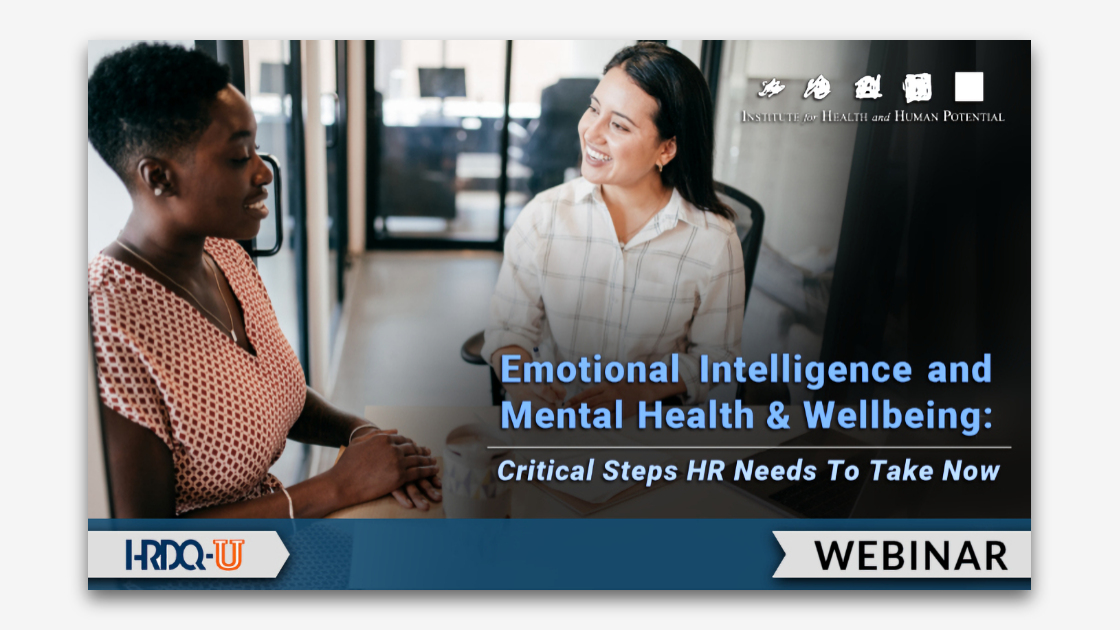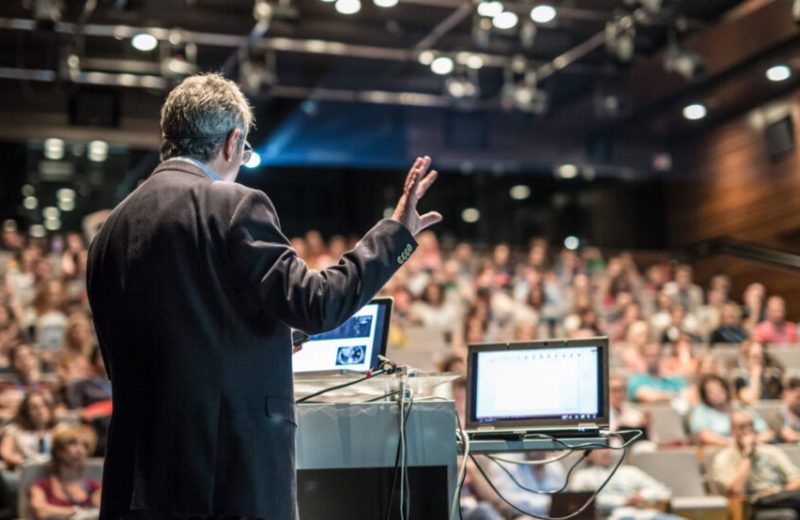The Impact of Stress and Burnout
The intensity of new ways of working in an environment where uncertainty, pivoting, and change are constant has created fear, stress, and exhaustion for many. The increasing numbers of employees experiencing high levels of stress, anxiety, and burnout cannot be ignored, and HR must take on a central role in what has become a work-related crisis of mental well-being.
Over the past several months, chronic job stress has come in new forms. A lack of boundaries between work life and home life as many people learned to work from home, “Zoom fatigue,” working more with fewer resources, and a lack of opportunities to take time off from work have given employees less time to refresh and rejuvenate.
Countless articles focus on enhancing the employee experience and buffering burnout from the employee’s perspective. Unfortunately, this approach has caused a level of mistrust to rise in many organizational settings where employees have requested their employers to respond to mounting work stress, with their pleas often going unanswered. Individual responsibility for self-awareness, self-monitoring, and self-care will help to a point; however, the workplace as a system also needs to respond.
A New Approach to Upskilling
Enhancing the employee experience will continue to be a top priority for HR. What the “Great Resignation” has taught us is that people want to engage in meaningful work designed to achieve a higher purpose without burning out.
Creating this experience involves supporting employees holistically as their full selves. Central to this experience are team members being heard, not only feeling but being valued, and feeling a sense of real belonging.
The current work environment is a dense and complex web. What is clear is that before we can upskill in the technical and digital areas of working, we must focus on providing all employees the opportunity to develop foundational, dynamic human skills that will support them in navigating a virtual or hybrid, multigenerational workplace that is increasingly focused on diversity, equity, and inclusion (we recommend diversity and inclusion webinars). This kind of upskilling needs to hold employees at the center, be driven from an organizational mindset of optimism and resilience and provide them with the tools to show up in ways that are health-promoting – for themselves and others.
How Can Human Resources Professionals Respond?
Build psychological safety and trust: Each HR employee across every function has the ability to impact a team member through every single interaction. HR’s role is a delicate balancing act. The needs of the business must be balanced with the needs of the employee, and the risk factors in every decision must be evaluated. Assessing ‘people’ risk factors must be at the forefront of every decision being made in order to build and rebuild trust with employees, from strategic planning to day-to-day transactions.
All HR employees must gain a better awareness of how their emotional intelligence skills in a single interaction can positively impact one’s mental health and well-being. This is a skill that must be extended not only to HR leaders but also to HR’s frontlines. Investing in all HR employees with the balanced skills needed to shift the focus from ‘this has to get done for the business’ to ‘how can we serve our people’ will be critical moving into 2022.
Encourage time off and meeting-free times: Some organizations such as LinkedIn, Bumble, Nike, and Hootsuite closed down completely for one week in their efforts to give their people a break and combat exhaustion and burnout. Some companies have even adopted a 4-day work week, which is well-supported by recent organizational research that reported increases in employee well-being and productivity. Other workplaces have adopted meeting-free time periods or taken action to decrease the percentage of virtual meetings occurring in any given week.
Destigmatize mental health issues: Many employees have taken a proactive approach toward their own mental health and well-being since the onset of the pandemic. They are more willing now to talk about mental health issues and are more vocal when it comes to needing time off to support their mental health. The focus on destigmatizing mental health issues on a global scale has contributed to this shift. Leaders who are at the receiving end of those conversations may be ill-prepared to support their employees when they are having difficulty. Hence, HR must invest in training leaders on how to have difficult conversations around mental health issues. Through listening, empathy, and care, leaders will be able to create a safe space for employees to be vocal about what they are experiencing.
Create safe spaces for groups to engage in meaningful connection: The focus on wellness programs and enhanced benefits at the start of the pandemic was necessary to support employees. Almost two years into the pandemic, employees want more than just ‘perks.’ They are constantly evaluating whether the daily interactions they experience with others are in alignment with the organizational focus on employee wellness. If there is misalignment, employees need a safe space to express their feelings and frustrations. Space must be created to allow for meaningful connections where leaders and individual contributors are not segregated but allowed to engage in dialogue as a group of human beings, regardless of their organizational title or role.
Every business has the same common denominator – people. We need to recognize and celebrate the value of the people in our organizations and invest in their well-being and enhance the employee experience. To grow your people and invest in their well-being, you have to grow a human-centered culture of safety, trust, and care. Will you take on this challenge?

















